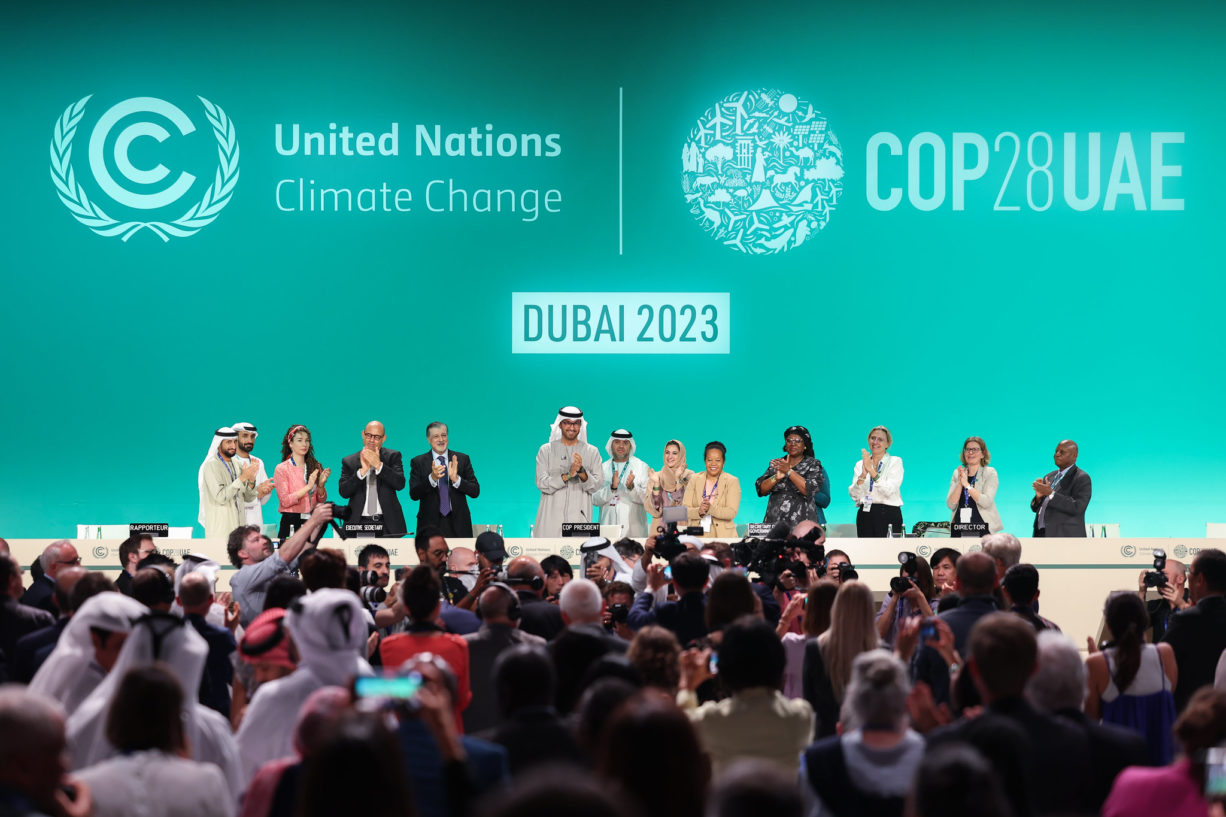Prior to this, the AHA held a series of webinars to increase farmers’ associations’ basic understanding of the UNFCCC and its processes. You can read more about this webinar series, which was undertaken in cooperation with the Pan African Farmers Organisation (PAFO), the WFO and the Finnish Agri-Agency Food and Forest Development Finland (FFD), in Newsletter 04/23.
The resolutions passed at COP28 have generated mixed feelings. Notably, fossil fuels, combustion of which is the main cause of climate change, were mentioned for the first time in a final declaration (Global Stocktake). Agriculture was also mentioned by name for the first time and will therefore figure on the agenda for future negotiations. At the same time, however, negotiations on the Sharm el-Sheikh Joint Work on Implementation of Climate Action on Agriculture and Food Security broke up without any result due to the differing views of the country delegations. Work should actually have been continued in the agricultural sector on the expired Koronivia Joint Work on Agriculture.
Challenges for agriculture were also evident in other observations: a large number of actors want to speak in the name of ‘agriculture’ (e.g. environmental NGOs or producers of in-vitro meat), while there is not even minimal consensus among farmers’ organisations (jointly represented by the Farmers’ Constituency) as to what is important to all associations with respect to agriculture, climate protection and climate adaptation. It is also becoming increasingly clear that the COP, with around 85,000 participants this time (and the associated worldwide travel), has taken on a dimension that is not favourable to the cause. Many important decisions are also not being negotiated during COP, but in advance.
This is where the AHA and its partners will be stepping up their efforts from 2024: continuing the webinar series will focus more on national processes and how national farmers’ associations can exert influence to ensure that agriculture, with its importance and complex networks, is given appropriate consideration. For example, contributions by individual countries to climate protection (the Nationally Determined Contributions – NDCs) will be revised by 2025. In the webinar series, participants will therefore be empowered to e.g. identify the relevant actors in their respective countries and learn from other farmers’ organisations which strategies can be used to effectively address them and bring agriculture onto the NDC agenda. More on this in a future newsletter…

